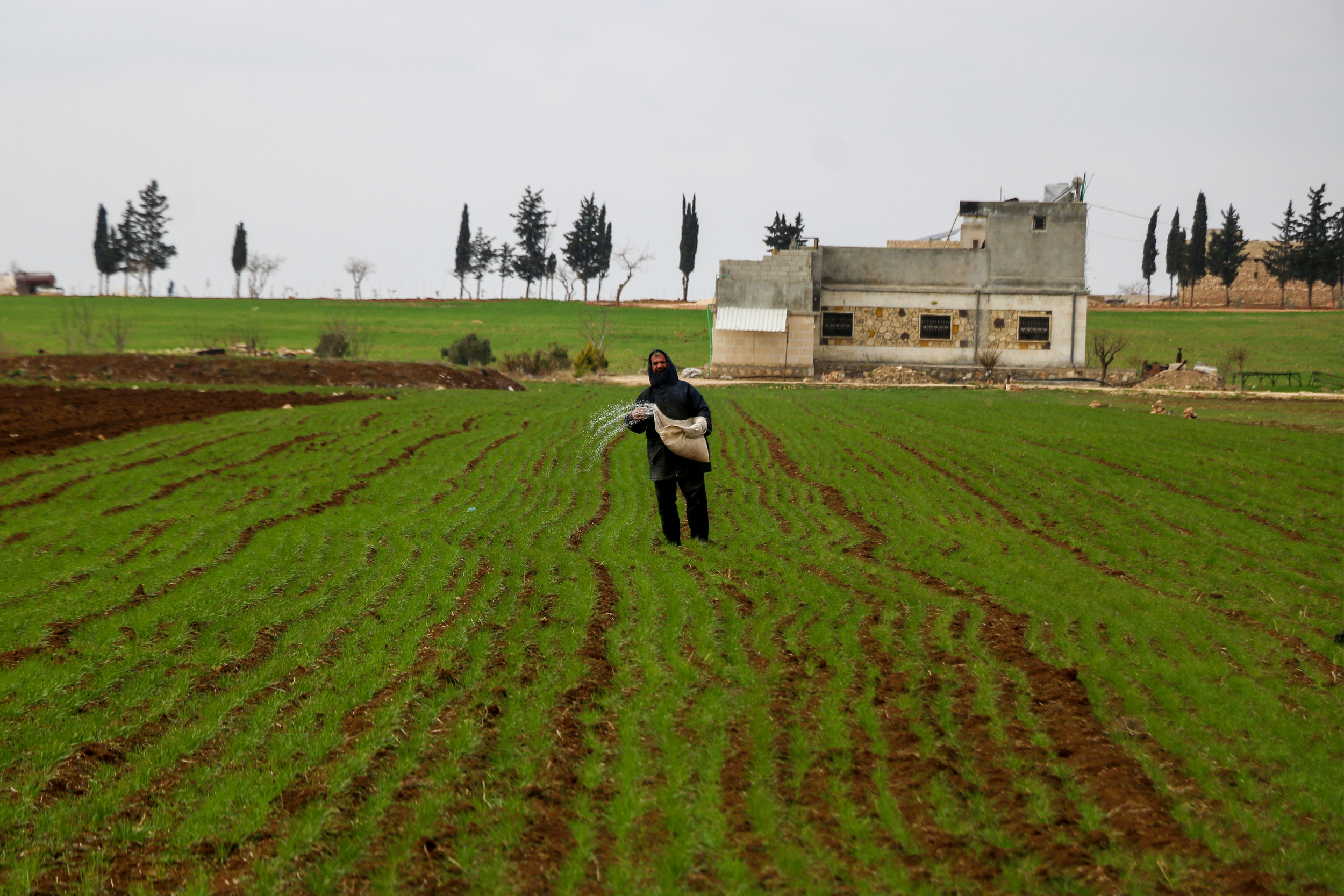This short story is the third of our series on the impact on local NGOs working in North-western Syria if the UNSC Cross-Border Resolution is not renewed.
“The international community cannot forget about the Syrian crisis, the need continues to be there after 10 years” says Dr. Omar Atik, Head of Programmes at Shafak.
Shafak is a member of the North West Syria NGO Forum, and is a non-profit organisation working within several sectors to provide aid. These include food security, protection, education and WASH. With 90% of the population living below the poverty line, Shafak aims to empower local communities through providing life-saving assistance, building resilience, and empowering local individuals and civil society through sustainable development.
Operating from both Turkey and Northwestern Syria, the UN Cross Border Resolution is vital to the work of Shafak. The non-renewal of the resolution would affect all its sectors of operation, limiting the capacity of staff to provide humanitarian aid on the ground. Alternatives to the resolution, including cross-line delivery of humanitarian aid, will simply not be enough to sustain the work of Shafak, and indeed the lives of affected civilians. The uncertainty over funding, with over 35% of the organisation’s funding coming from UN agencies, is also source of concern. Reduced funding would result in staff turnover and limited capacity to help on the ground, further affecting the work of Shafak. “Funding is vital to enable the crisis to shift from emergency response to early recovery,” says Dr Atik.
He adds that this shift requires “a move away from short term programming towards a long-term approach, from individual to community level initiatives, and from short scale to large scale thinking and development.” If the resolution is not renewed, it will mean a huge step backwards for the efforts of Shafak in North Western Syria.
“The Covid-19 pandemic has had a serious negative impact on efforts to materialise this shift, so it is of utmost importance that international donors refocus on North West Syria, scaling up and increasing their funding to build resilience at community level” explains Dr. Atik. Like many humanitarian actors working in this crisis, Dr Atik says Shafak is ready and has the capacity to be directly funded, as evidenced by the organisation receiving a direct grant from the EU to build the capacity of 20 CSOs working in the region.
“This work has already started,” says Dr Atik. “It must not be the end, but rather the beginning of greater governance and community-based action for North-Western Syria.”


